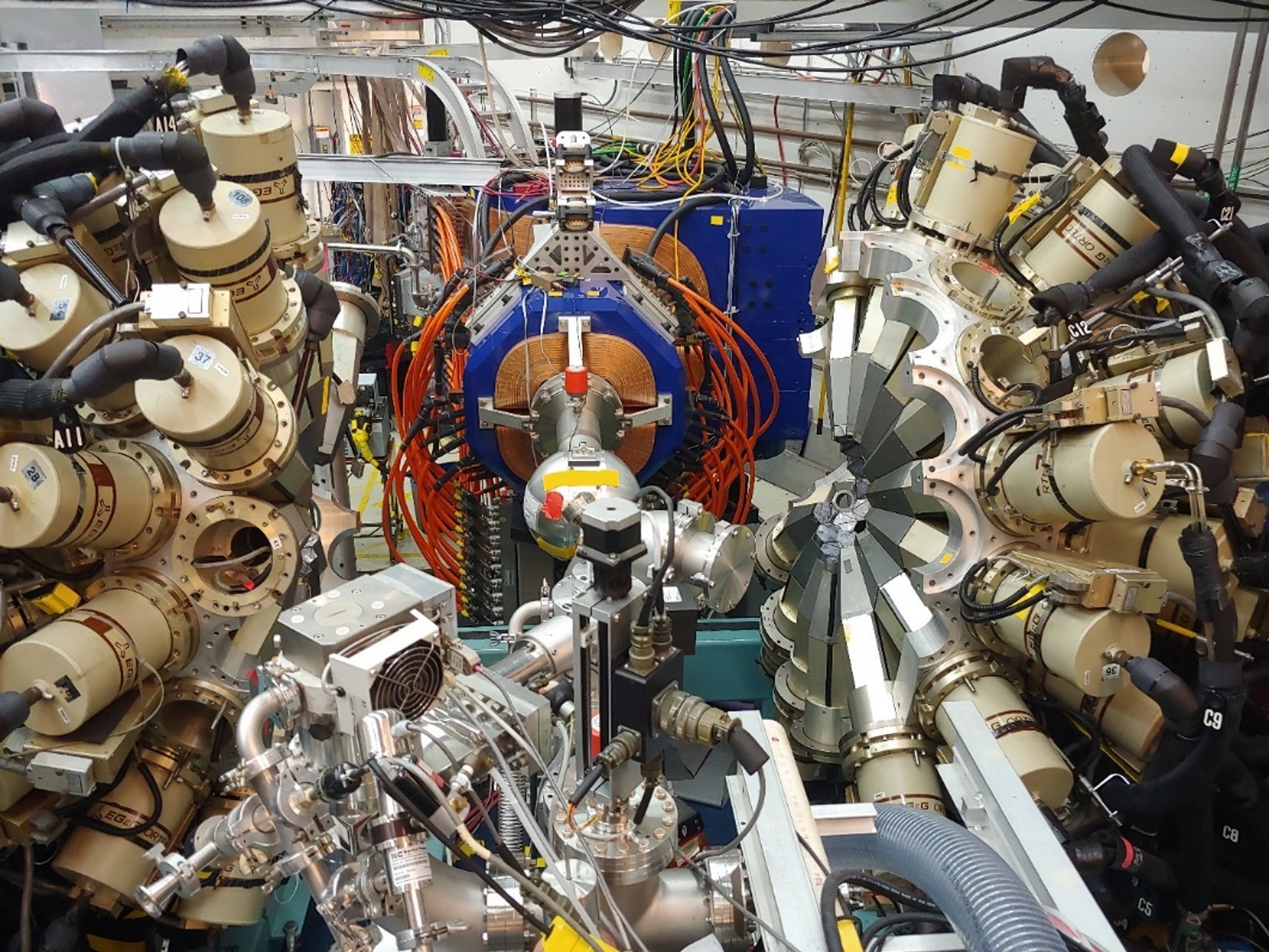Physicists Discover New Transfermium Isotope Lawrencium-251
Physicists have recently synthesized a new transfermium isotope lawrencium-251 and studied the α decay of lawrencium-253 in more detail. This is the first new lawrencium isotope synthesized directly over the past two decades and it is also the first new isotope synthesized using the Argonne Gas-Filled Analyzer (AGFA) at the Argonne National Laboratory. The study has been published as a Letter in Physical Review C on December 1.
Spectroscopic studies of transfermium nuclei can provide information on the evolution of deformation towards the predicted spherical shell stabilized region of super-heavy nuclei. In particular, the orbitals near the Fermi surface in nuclei around the deformed shell gaps at Z = 100, N = 152 may be intruders from above the spherical shell gap. Therefore, these nuclei are a stringent testing ground for models used to describe super-heavy nuclei.
In the experiment, lawrencium-251, 253 nuclei were synthesized by using the fusion-evaporation reactions (titanium-50 + thallium-203, 205), respectively and the titanium-50 beam was delivered by the Argonne Tandem Linac Accelerator System (ATLAS).
Researchers found that the level order of the proton Nilsson orbital, which originates from the spherical orbital located just above the spherical Z = 114 gap, changes in the neutron-deficient lawrencium isotopes. This scenario was reproduced successfully in the cranked shell model with the particle-number-conserving method. These calculations also underscored an important role of ε6 hexacontetrapole deformation in the evolution of the single-proton energies in the lawrencium isotopes.
This study was conducted by a researcher at the Institute of Modern Physics (IMP) of the Chinese Academy of Sciences (CAS) and his collaborators.

Figure 1. Comparison of the lawrencium-251, 253 level schemes deduced in this work with the lawrencium-255 level scheme. (Image from Physical Review C)

Figure 2. The Argonne Gas-Filled Analyzer (AGFA). (Image from Argonne National Laboratory)
Contact Information
Institute of Modern Physics
Email: fangliu@impcas.ac.cn



 甘公网安备 62010202000713号
甘公网安备 62010202000713号


